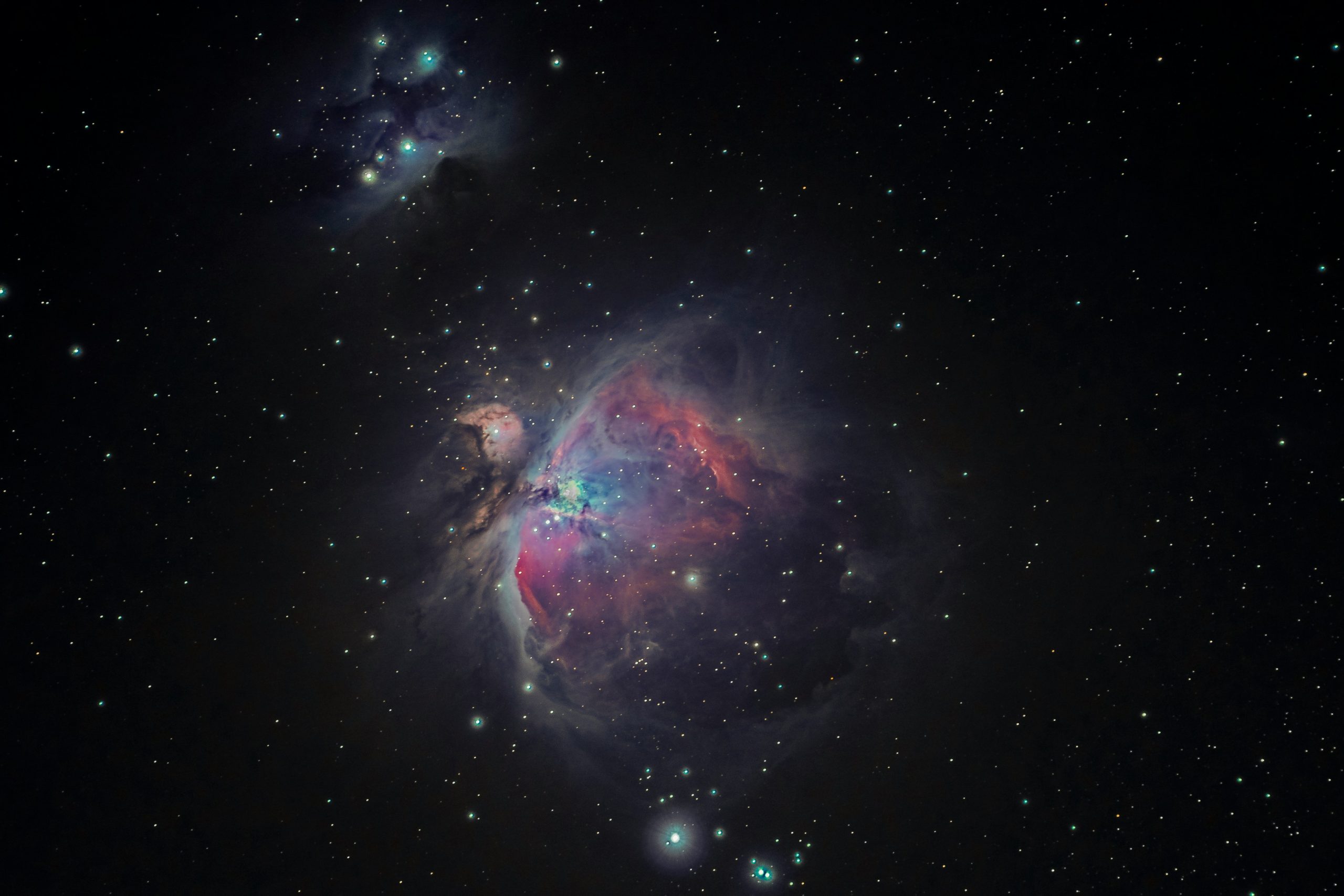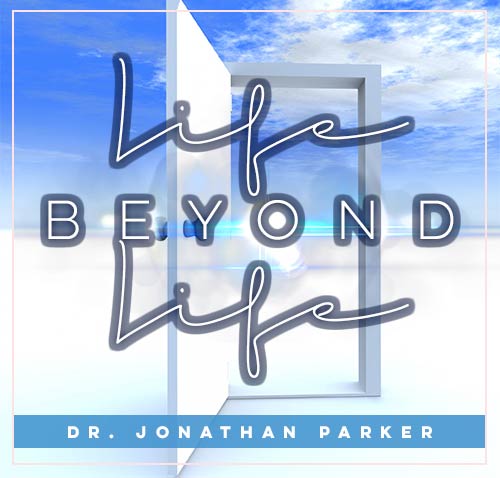Spirit World Experiences: Real or Imagined?

Hey there, amazing readers! 🖐️ Just a quick note: yes, we know there are a lot of ads here. Trust us, we get it—it’s not the prettiest look, but they help us keep this blog alive and kicking. Those pesky little ads cover the costs of all the behind-the-scenes magic, from hosting and tech stuff to creating content we hope you’ll love.
We’re committed to delivering quality posts, and your support (even just sticking around despite the ads) means everything to us. So, bear with us, and thanks for helping us keep the good vibes rolling. Now, on to the fun stuff! 😉
TRANSLATE BUTTON AT THE END OF THE ARTICLE
Introduction: Exploring the Spirit World
The concept of the spirit world has fascinated humanity for centuries, sparking debates on its existence, nature, and significance.
Many people claim to have had experiences that connect them to this mysterious realm, while others remain skeptical, attributing such encounters to mere imagination or wishful thinking.
In this article, we delve into the realm of spirit world experiences to unravel the complexities surrounding this enigmatic phenomenon.
Whether real or imagined, the exploration of the spirit world offers a glimpse into the depths of human consciousness and spirituality.
Defining Spirit World Experiences
Spirit world experiences encompass a wide range of encounters that individuals believe connect them to a spiritual realm beyond the physical world.
These experiences can include visions, auditory perceptions, feelings of presence, communication with deceased loved ones, encounters with spiritual beings, and out-of-body experiences.
While some people may interpret these encounters as signs from the divine or manifestations of psychic abilities, others view them as hallucinations or psychological anomalies.
The subjective nature of spirit world experiences makes them difficult to define or quantify, adding to their mystique and intrigue.
Historical Accounts and Beliefs
Throughout history, various cultures and civilizations have embraced the belief in a spirit world that coexists with the physical realm.
Indigenous traditions, ancient religions, and mystical practices all incorporate the idea of an afterlife or parallel dimension where spirits reside.
From the Egyptian concept of the underworld to the Norse realms of the dead, the spirit world has been a central theme in mythology, folklore, and religious teachings.
These historical accounts provide a rich tapestry of beliefs and rituals that reflect humanity’s enduring fascination with the supernatural and the unknown.
Scientific Perspectives on the Spirit World
From a scientific standpoint, spirit world experiences are often viewed through the lens of psychology, neuroscience, and parapsychology.
Skeptics argue that such encounters can be explained by suggestibility, memory distortion, sensory deprivation, or neurological anomalies.
They point to the lack of empirical evidence and the subjective nature of these experiences as reasons to be cautious in accepting them as genuine phenomena.
However, proponents of the paranormal contend that science has yet to fully understand the complexities of consciousness and the interconnectedness of the physical and spiritual dimensions.
Common Characteristics of Spirit World Experiences
Despite the diversity of spirit world experiences reported by individuals, certain common characteristics tend to emerge across different accounts.
These may include feelings of peace, love, and unity, encounters with deceased relatives or spiritual guides, vivid imagery or symbols, heightened senses, time distortion, and a sense of being outside one’s physical body.
Some people describe a profound sense of awe and wonder during these experiences, while others report feeling a deep sense of connection to something greater than themselves.
These shared elements suggest underlying patterns in the way people perceive and interpret the spirit world.
Skepticism and Criticisms
Critics of spirit world experiences often raise valid concerns about the reliability and validity of such encounters.
They argue that subjective perceptions can be influenced by a variety of factors, including cultural beliefs, personal expectations, emotional states, and cognitive biases.
Skeptics question the consistency and coherence of these experiences, pointing out inconsistencies, contradictions, and logical fallacies in many accounts.
The lack of replicability and empirical evidence further fuels skepticism and skepticism about the veracity of spirit world experiences.
Personal Testimonies and Experiences
Many individuals who have had spirit world experiences attest to their profound impact on their lives, beliefs, and worldview.
These personal testimonies often describe transformative moments of clarity, healing, forgiveness, and spiritual awakening.
Some people claim to have received messages or guidance from deceased loved ones, encountered benevolent spirits or angels, or gained insights into the nature of reality and consciousness.
While skeptics may dismiss these accounts as subjective anecdotes, those who have experienced the spirit world firsthand find solace, comfort, and meaning in their encounters.
Parallels with Near-Death Experiences
Spirit world experiences share intriguing parallels with near-death experiences (NDEs), which occur when individuals are on the brink of death or in a life-threatening situation.
Both types of encounters often involve feelings of peace, love, and transcendence, encounters with deceased loved ones or spiritual beings, out-of-body sensations, and a sense of entering a different reality or dimension.
The similarities between spirit world experiences and NDEs raise intriguing questions about the nature of consciousness, the afterlife, and the interconnectedness of the physical and spiritual realms.
Cultural Variations in Spirit World Beliefs
Cultural beliefs and traditions play a significant role in shaping people’s perceptions and interpretations of the spirit world.
Different cultures have diverse conceptions of the afterlife, spirits, ghosts, and supernatural beings, reflecting their unique histories, worldviews, and religious practices.
While some cultures view the spirit world as a place of rest, reunion, and spiritual growth, others perceive it as a realm of judgment, punishment, or purgatory.
These cultural variations highlight the rich tapestry of human beliefs and experiences regarding the supernatural and the metaphysical.
Potential Psychological Explanations
Psychological theories offer intriguing insights into the nature and origins of spirit world experiences.
Some researchers suggest that these encounters may be triggered by altered states of consciousness, such as meditation, prayer, hypnosis, or trauma.
Others propose that spirit world experiences could be manifestations of unresolved grief, existential angst, or the human need for connection, meaning, and transcendence.
The psychological underpinnings of these experiences point to the complex interplay between cognition, emotion, memory, and belief systems in shaping our perceptions of the spirit world.
Ethical Considerations in Studying Spirit World Experiences
Exploring spirit world experiences raises important ethical considerations regarding the treatment of individuals who have had such encounters.
Researchers and practitioners in the fields of psychology, parapsychology, and spirituality must approach these experiences with sensitivity, respect, and empathy.
It is crucial to uphold the dignity, autonomy, and well-being of those who share their stories of the spirit world, ensuring that they are not exploited, stigmatized, or dismissed.
Ethical guidelines should be followed to protect the rights and confidentiality of participants in research studies or therapeutic interventions related to spirit world experiences.
Conclusion: Understanding the Nature of the Spirit World
In conclusion, the question of whether spirit world experiences are real or imagined remains a subject of ongoing debate and inquiry.
While skeptics may dismiss these encounters as products of the human mind or cultural conditioning, believers find meaning, solace, and spiritual insights in their interactions with the spirit world.
Whether viewed through a scientific, religious, psychological, or cultural lens, the exploration of the spirit world offers a window into the depths of human consciousness, belief systems, and existential questions.
By approaching these experiences with an open mind, curiosity, and humility, we can gain a deeper understanding of the mysterious and wondrous nature of the spirit world.

The Enlightenment Journey is a remarkable collection of writings authored by a distinguished group of experts in the fields of spirituality, new age, and esoteric knowledge.
This anthology features a diverse assembly of well-experienced authors who bring their profound insights and credible perspectives to the forefront.
Each contributor possesses a wealth of knowledge and wisdom, making them authorities in their respective domains.
Together, they offer readers a transformative journey into the realms of spiritual growth, self-discovery, and esoteric enlightenment.
The Enlightenment Journey is a testament to the collective expertise of these luminaries, providing readers with a rich tapestry of ideas and information to illuminate their spiritual path.
Our Diverse Expertise 🌟
While our primary focus is on spirituality and esotericism, we are equally passionate about exploring a wide range of other topics and niches 🌍📚. Our experienced team is dedicated to delivering high-quality, informative content across various subjects ✨.
To ensure we provide the most accurate and valuable insights, we collaborate with trusted experts in their respective domains 🧑🏫👩🏫. This allows us to offer well-rounded perspectives and knowledge to our readers.
Our blog originally focused on spirituality and metaphysics, but we’ve since expanded to cover a wide range of niches. Don’t worry—we continue to publish a lot of articles on spirituality! Frequently visit our blog to explore our diverse content and stay tuned for more insightful reads.





















